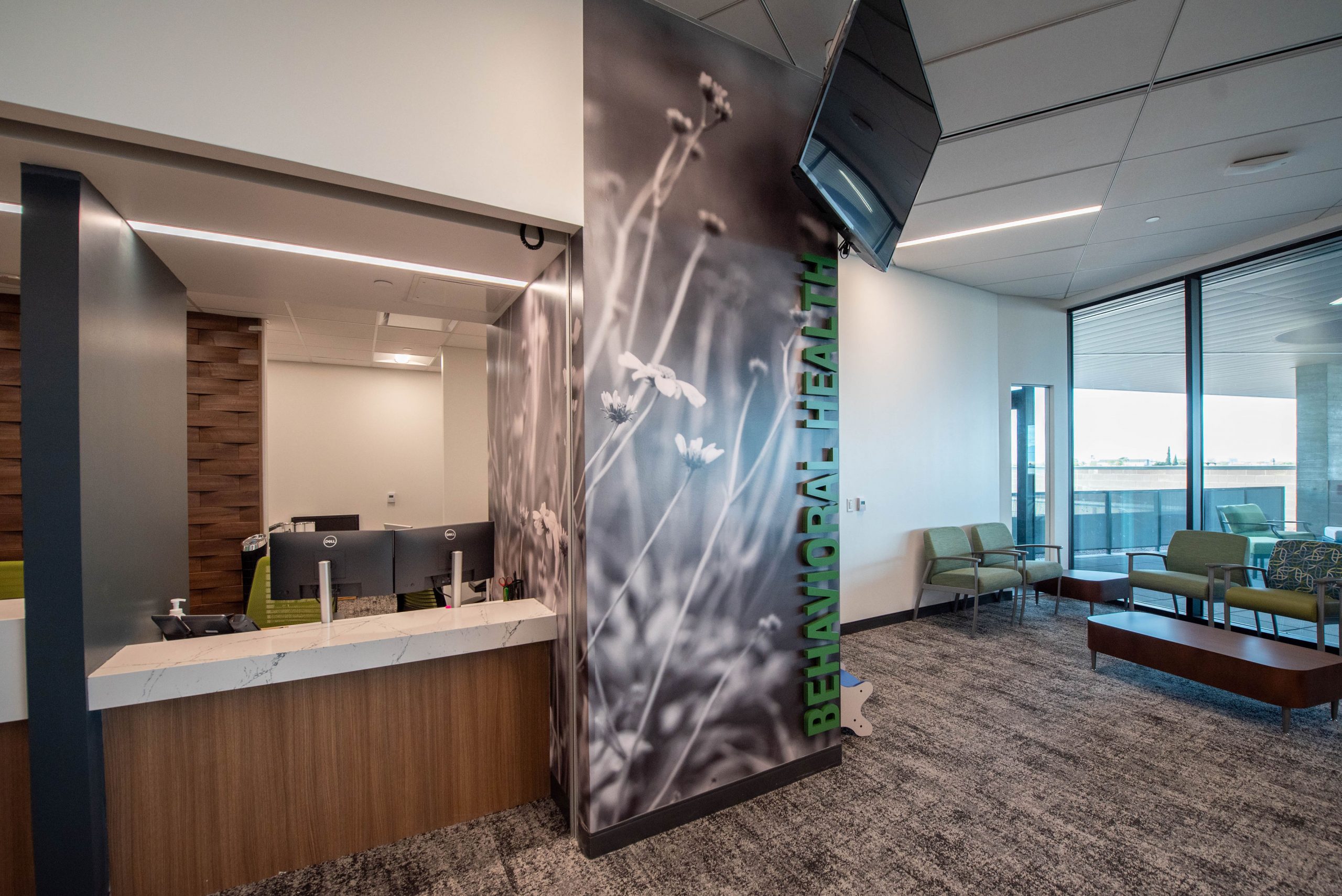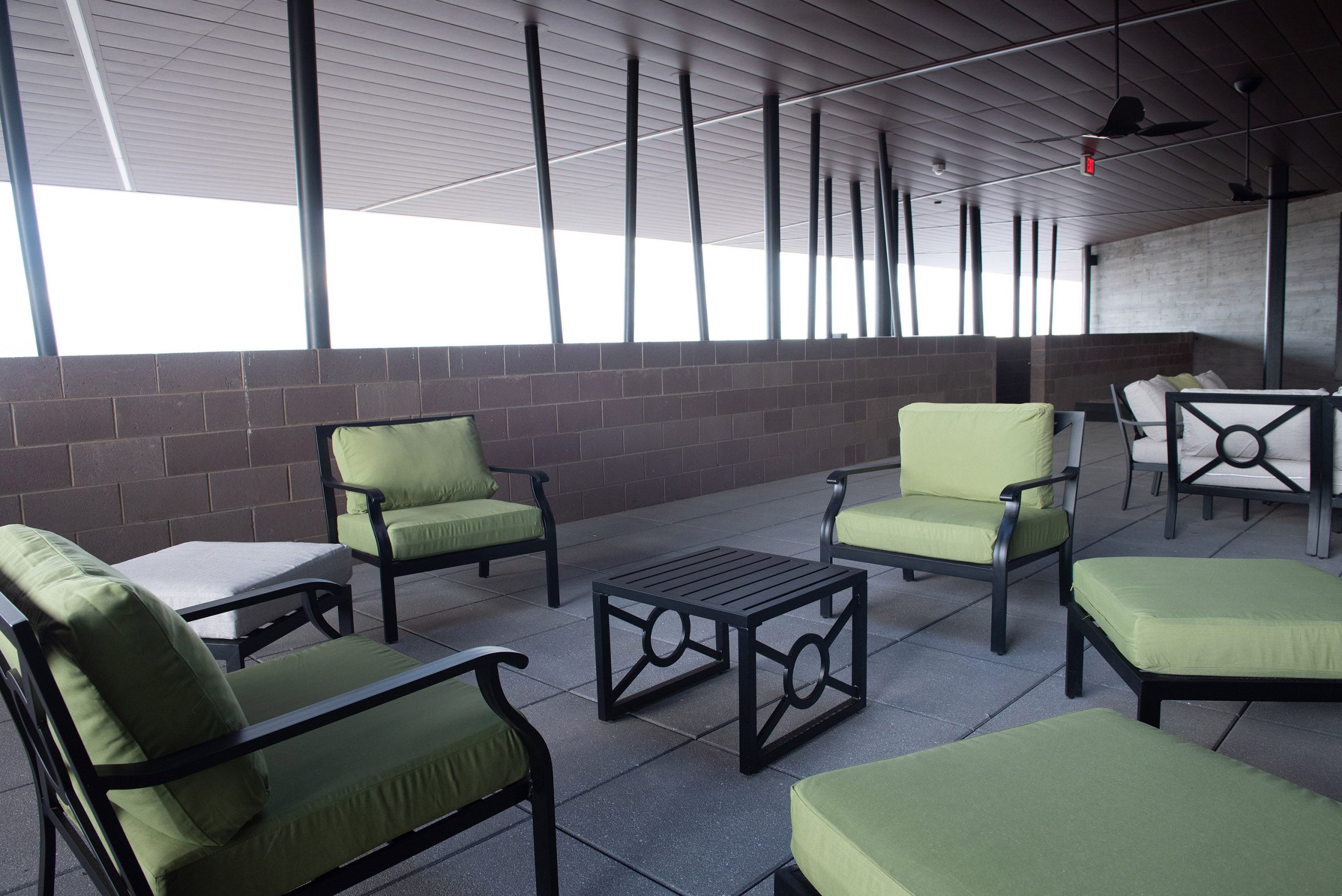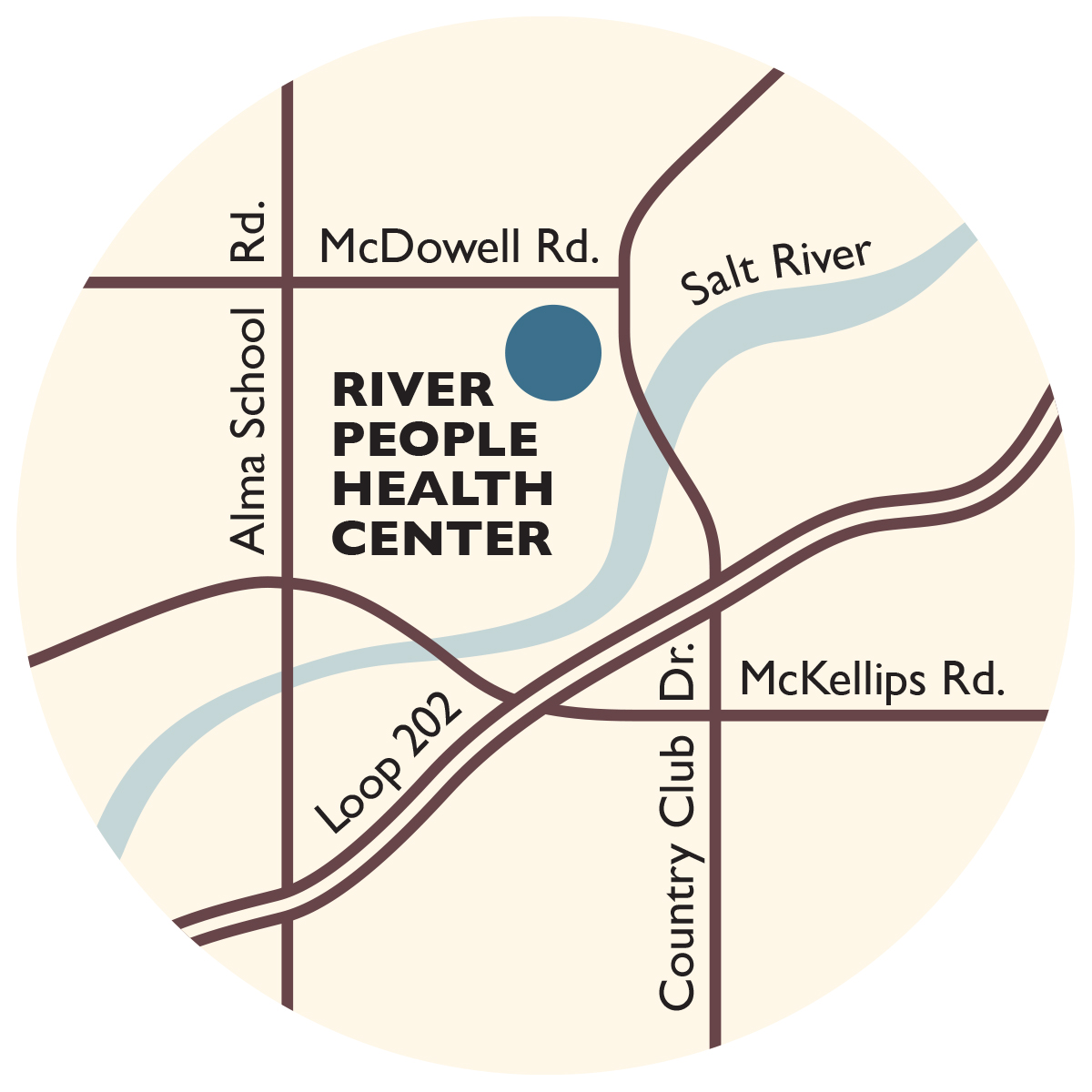No copy provided.
Behavioral Health Services
Crisis is a 24/7 service that assists in stabilizing individuals and families experiencing urgent stressful, emotional and behavioral events. Trained staff can come to your location to help stabilize the situation, develop short-term plans and provide referrals for long-term services such as counseling and in-home supports. After the event, our staff will follow-up with you to ensure your continued safety and well-being.
Contact us at: Crisis – 480-850-9230
Counseling
Individual and group counseling for children and adults to assist with any emotional and mental health issues you or your family is experiencing. The goal is to improve your sense of well‐being and help alleviate feelings of distress.
Case Management
This service provides skilled case management to children and adults that will advocate for, plan, implement, coordinate, monitor, and evaluate services that you need in order to enhance your mental health.
Adult and Family Services
Batterers Intervention Program – This program for domestic violence offenders is designed to assist in exploring reasons for abusive behaviors and the beliefs that support them. The goals of the program are to understand the connection of painful and negative feelings to beliefs about women’s and men’s roles, fully explore the impact of violent and abusive behaviors on partners, children, and the community, as well as, identify, and practice non-abusive behaviors.
Intensive Outpatient Program (IOP) – An intensive 18 week substance abuse group for adults that integrates cognitive behavioral therapy, 12-step facilitation, family involvement, and other elements to give you the skills and understanding you will need to overcome addiction. The core programming includes early recovery, Talking Circle, family systems, relapse prevention, and aftercare.
Day Treatment – A psychoeducation group for adults specializing in teaching independent living skills, stress management, community connection, mental health and wellness, and medication education. Activities include mindfulness, health education and fitness, cultural/traditional activities and events, communication and social skills events, emotion relations skills, and more.
Specialized Adult Group Therapy
- Standard Outpatient Program (SOP) – This substance abuse group is a combination of psychoeducation and counseling to address substance use and underlying factors such as trauma, PTSD, depression, anxiety, and toxic stress.
- Dialectical Behavioral Therapy (DBT) – This is psychoeducation and counseling group specializing in teaching healthy coping skills through mindfulness strategies. You will learn to manage toxic stressors, unhealthy relationships, and poor communication by building the ability to manage emotional pain and improve relationships.
- Anger Management – This group enables participants to learn about how to manage anger. Topics include identifying events and cues, creating anger control plans, learning about the aggression cycle, cognitive restructuring, assertiveness, conflict resolution, and anger in the family dynamic.
Circles of Support – This program offers a trauma-informed team approach of counseling, behavior coaching, parenting, and case management committed to helping families stay together and help prevent children from entering out of home care. The focus is on in-home services designed to help families heal from issues such as stress, domestic violence, substance use, depression, anxiety, trauma, and abuse or neglect.
Adolescent Intensive Outpatient Program (AIOP) – An intensive outpatient program that meets 3 times per week for 16 weeks for alcohol and drug treatment for teens aged 13 – 17. The program uses group and individual counseling with family participation to teach and support teens experiencing substance use. Goals of the program are to show teens the impact of substance use on their lives, and make changes to their thoughts, behaviors, choices, and lifestyle.
School Counseling – Counselors are located at the Salt River Elementary and Accelerated Leaning Academy dedicated to providing counseling specifically to students. Counseling services include supportive counseling to help students with trauma, grief, anger, anxiety, sadness, family stress, self-esteem, and other social and emotional needs. The goal of the program is to help students feel ready to learn.
Psychological Testing – This service involves the evaluation and assessment of cognitive functions, academic skills, and mood disorders, primarily for adults (over 16 years of age). Our neuropsychologist works collaboratively with psychiatry to assess current status of neurological and brain functioning that affects memory, problem solving, visual special abilities, and motor skills.
Behavioral Health Consultation – Behavioral health providers work within the Salt River Clinic to provide critical behavioral health services including screenings, brief interventions, skills training, education related to newly diagnosed conditions, chronic disease, or behavioral issues, assistance with smoking cessation, and referrals for ongoing counseling services. Behavioral health consultation differs from more traditional counseling by providing short-term counseling and “triage” intervention therapy in the primary care environment.
Domestic Violence Victim Advocacy – This advocacy service provides support and education to victims of domestic violence, stalking, and sexual assault. Services include finding safe shelter, resources, psychoeducation, and emotional support. Victims are also offered assistance with navigating the legal process, obtaining an emergency restraining order, and help with court paperwork. The goal is to ensure victims are connected to resources and receive the full benefit from the legal and behavioral health systems.
Withdrawal Management (Social Detox) – This facility provides a clean, safe, and non-medically monitored environment for adults to detoxify from substances. The process involves frequent monitoring and scheduled medical and behavioral health checkups by behavioral health technicians. The average stay prior to admission to Journey to Recovery is 3 to 7 days.
Journey to Recovery (JTR) – This residential treatment facility provides a continuum of substance use services to support recovery and reinforce traditions for healthy living. The program recognizes the influences of religious and spiritual beliefs and supports participation in traditional values, 12-steps, therapy groups and individual counseling. The average stay at Journey to Recovery is 90 days.
Sober Living – Offers supportive housing for men recovering from addiction; facilitating the development of a higher level of recovery to aid in the successful reintegration back into the community. The program is a structured residential environment that offers the freedom to attend 12-Step meetings, outpatient programs, work, school, and other approved activities. Services are accessible through referral following successful completion of the JTR program.
Contact us at: 480-362-5640
Behavioral Health Providers
Add copy here.
Schedule an Appointment
To schedule an appointment call 480-278-RPHC (7742)
- Crisis – 480-850-9230
- Residential Substances Abuse Services- 480-362-5640



